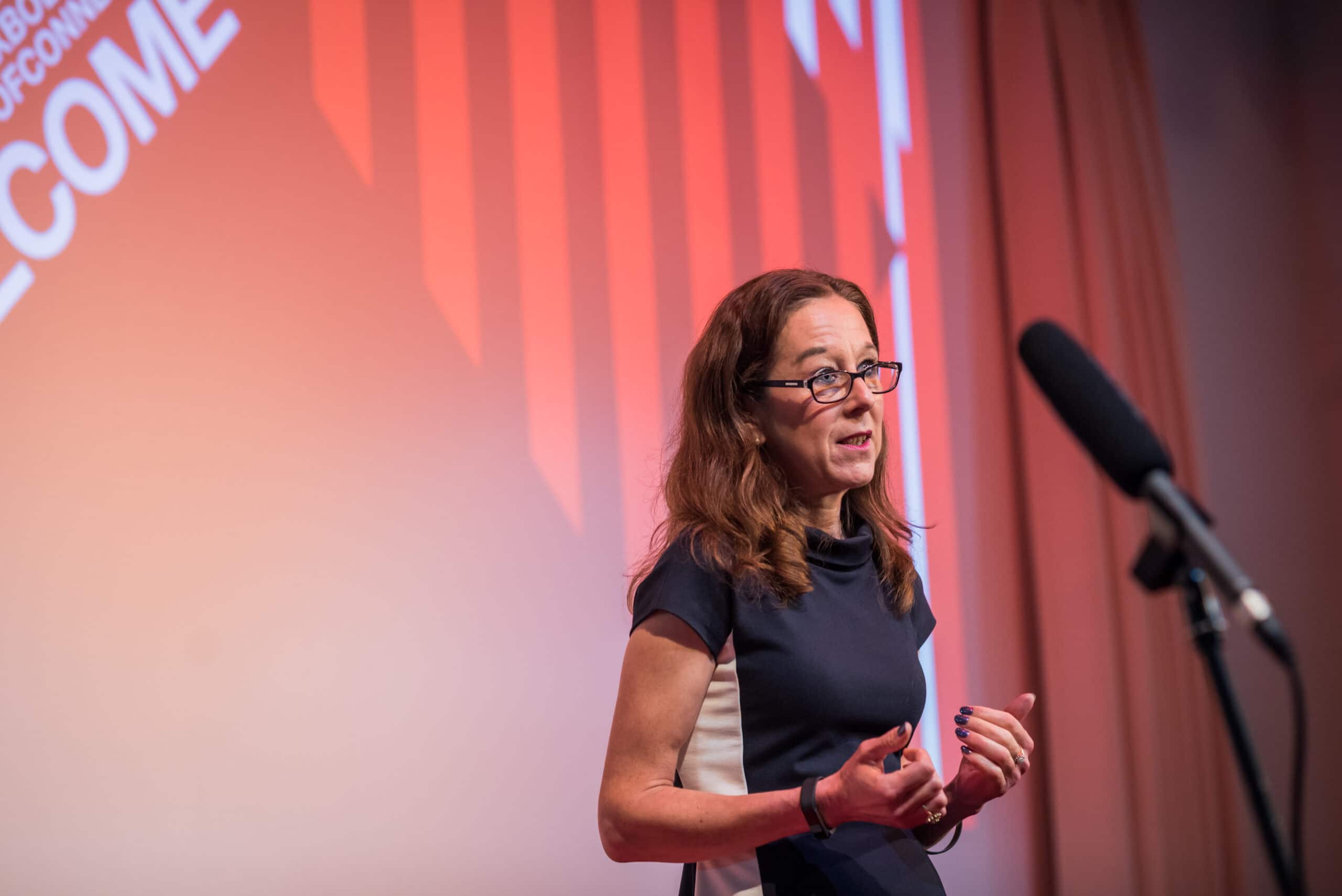
Top row: Andrew Vincent, Ali Foxon, Andy Hall, Andrew Greenwood
Bottom row: Ellie Pool, Linton Foat, Paul Lewis, Charlotte Simpson
It was twelve months ago this week that a group of 8 individuals stepped onto the stage at Bollington Arts Centre in Cheshire. They had something to say about ‘the art of connection’ and the very first TEDx event to come to our town provided their platform.
Over the past year their talks have accumulated almost 12,000 views on YouTube and people from all around the globe have connected with their message and story.
Many things have happened since that extraordinary Sunday (Father’s Day 2019), not least the outbreak of a global health pandemic, so it felt right to ask them three questions:
- What do remember most from that day?
- What’s changed for you in the last year?
- Do you think the topic of your talk has even greater relevance today?
Here’s a reminder of the topics our speakers addressed, and their responses to our questions:
Q1) – what do remember most from the day?
“Nerves, fear, relief, exhaustion!” answered Ali Foxon (drawn to love nature) to the first question, but also a huge sense of pride and connection with her fellow speakers – “We were all rooting for each other.”
For Andrew Vincent (the art of asking questions) being first on stage meant, “I could relax and enjoy listening to the other speakers.”
Manchester-based Youth worker Paul Lewis (how to connect with a teenager) recalled a later conversation he had with a member of the audience, a mother who was struggling to connect with her own child.
Recreating his TEDx experience, Andrew Greenwood (why repetition can be a unique experience) donned the same shirt he’d worn on the day for this short video, reflecting on the day! He also talks about the pride he felt in producing the visual branding for TEDx Bollington, as well as being a speaker.
Andrew found the rehearsals especially memorable – the sense of mutual support, seeing people grow in confidence and hearing their stories for the first time.
Social media advocate Ellie Pool (time to remove the filter from social media) was struck by the air of positivity in the room (“an exciting and inspirational place to be”).
“I remember that day so vividly,” says Andy Hall, (can we combat our own mental illnesses?) “the teamwork, the excitement, the buzz and especially my 18 year-old son in the audience, hearing me share my story on stage for the first time. It was the most liberating day of my life; like everything I had been through was for this one day.”
Airline pilot Linton Foat (do we need to change our attitude to altitude?), a man used to operating under pressure, felt huge relief as he stepped off stage and heard a loud “Well done!” from a familiar face in the audience.
You wouldn’t know it from watching her talk, but Charlotte Simpson (the art of story-listening) recalled the, “dreaded fear that I’d forget whole chunks of my talk!” And she describes the experience of feeling like a celebrity, being summoned for a photo shoot, as “surreal”.

TEDx Bollington Curator Sara Knowles
Q2 – what has changed in the last 12 months?
We’ve heard a lot about the need to ‘pivot’ in recent weeks, and whether pandemic-related or not, all our speakers have experienced significant change in their lives.
Paul Lewis became a dad some eight months ago with the arrival of a beautiful daughter.
For Andrew Vincent, the strong response to his talk has given him greater impetus in his professional life, where posing the right question is incredibly important for his clients.
Ali Foxon’s talk led to a commission to write a double-page magazine article and an interview on BBC radio.
Ellie reported a feeling of celebrity status within her existing network and the opening up of new conversations and relationships.
“I definitely feel more connected to the Bollington community,” says Charlotte. I hadn’t got involved that much locally beyond the community of my children’s school but I now feel more motivated to do more things for and with my community.”
Andrew Greenwood felt a little flat in the days immediately after the event, but was heartened by the many people who stopped him in the street afterwards to say they’d enjoyed his talk.
“I receive messages weekly,” says Andy Hall, “from local friends to strangers living far afield. Many have said my talk gave them the inspiration to speak up about mental illness.”
Like many, Andy has experienced changes to his routines and an increase in both anxiety and workload – “I have to listen to my own advice!”
Linton’s life took a new turn pre-COVID with the liquidation last year of the company he’d worked with for 17 years. Since then the airline industry has been rocked by the pandemic but, happily, Linton is still in the cockpit, working for a domestic carrier in Japan. In between flights he’s been illustrating a children’s book and writing for a Japanese newspaper about his experiences in Asia.
Q3) – is your topic more relevant now?
Andy Hall describes mental illness as the largest hidden symptom of the pandemic, with isolation and loneliness causing huge suffering. “People need to take control of their own mental well-being; we have to reconnect with each other sincerely, and with the natural environment too.
“I’ve never known people express so much gratitude for our beautiful countryside,” says Ali Foxon. But she warns, “As lockdown eases, we mustn’t forget how nature comforted us, and our responsibility to protect it. There’s never been a better time to start green sketching and doodle that daisy!”
For Andrew Vincent, the pandemic has highlighted the importance of asking good questions. “It’s been fascinating to watch politicians grapple (so badly) with this in the last 3 months, in part because they seem to have asked poor questions of the situation.”
Paul Lewis points to the pressure on relationships caused by the lockdown, with some teenagers feeling trapped and lonely and parents forced to confront issues they may have with their own children. Living in a multi-cultural area of Manchester, Paul sees more conversations happening around race and reminds us, “You cannot form connections with people when your opinion of them is negative before you even start.”
Ellie Pool addressed the use of social media in her talk and its role in helping people discuss mental health. “As we’ve all been forced to physically distance ourselves from one another, social media has become the go-to way for people to reconnect. Brands, influencers, small businesses and individuals have been checking in with others, offering advice and support.”
“We’ve all begun to notice what is special in our local environment,” says Andrew Greenwood. “My message last year was to listen, look and feel as we walk around our regular surroundings, and appreciate the positivity in the everyday.” It seems our forced confinement has underlined Andrew’s point.
From the curator…
I leave the last word to the woman who made all this possible, TEDx Bollington curator Sara Knowles. “As the last speaker walked off the stage I realised it was almost over; something we’d worked on for so long was coming to an end, and there was mixture of sadness and relief. It was such a wonderful day, the result of a lot of hard work and generosity by so many volunteers and sponsors.”
Sara drew on her TEDx experience to re-orientate her career, taking on a team-leader/manager role in her international trade work and standing (successfully) in the Bollington Town Council election. Since the lockdown she has worked with fellow councillors and the Town Hall team on the community’s response to COVID-19 and other resilience and strategic projects.
“This pandemic has definitely brought us closer together in so many ways. We may have been physically separated but somehow we’ve found a different kind of spiritual and emotional connection. There’s a stronger recognition of the need for collective well-being, not just relating to people but the natural world too. None of our speakers could have anticipated where we are now, but their themes have more relevance today than ever.”

